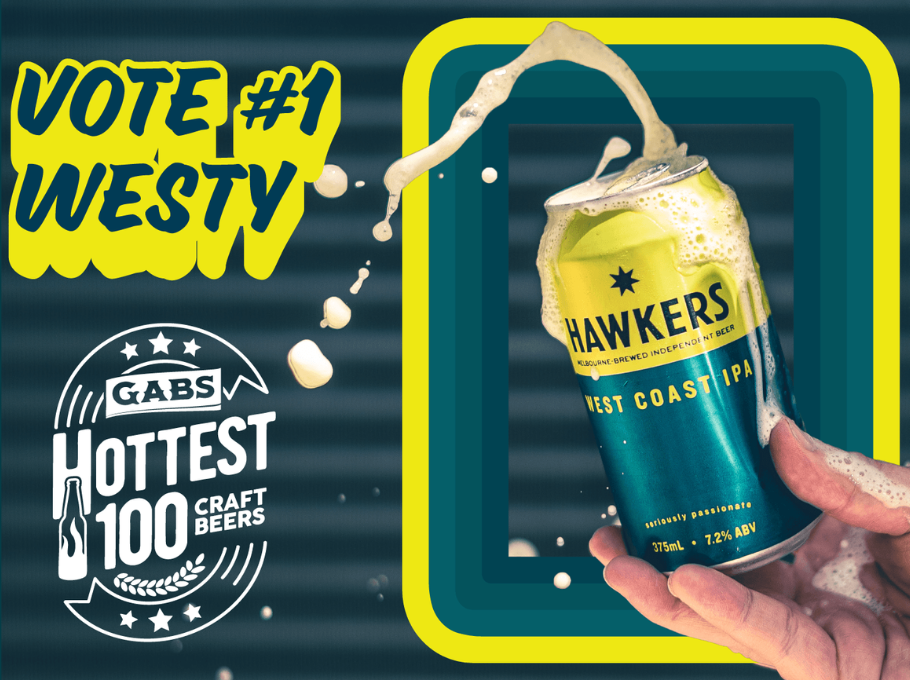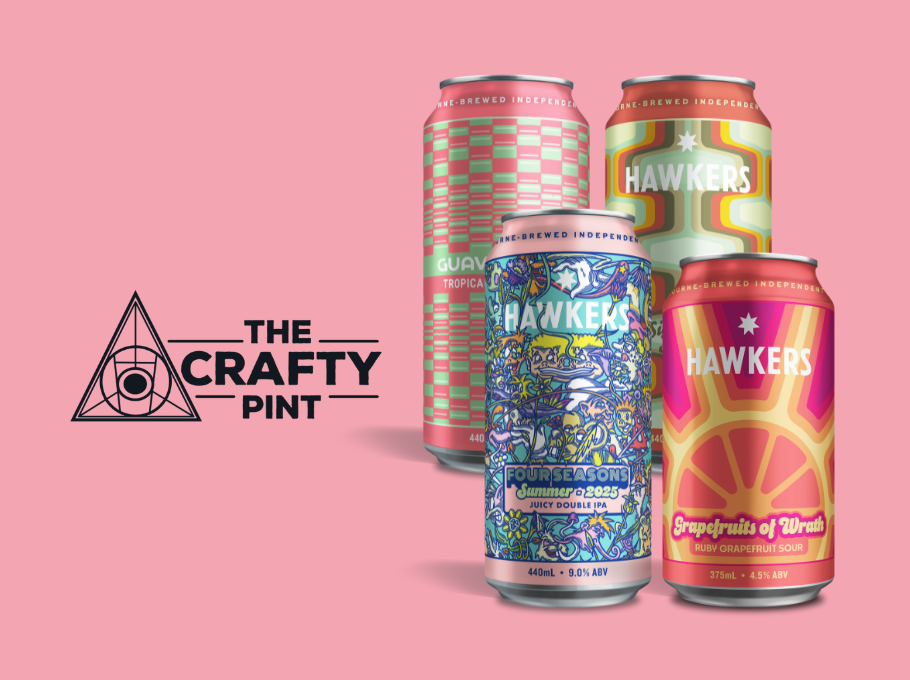Feedback Loop has been in the works for the last few years, though you're probably well aware that whisky inherently takes time, and lots of it. You're probably also well aware that we are, in fact, a brewery, thus not generally in the habit of producing whisky. That said, this wasn't a solo endeavour.
At some point in the next couple of paragraphs, the name of the whisky will begin to make sense, and to tell the story of this whisky, let's start with the base. From a production standpoint, the infancy of beer and whisky look effectively the same—(see below). Where Feedback Loop diverges from a typical whisky is here—it was brewed as an Imperial Stout destined for bourbon barrels in which it subsequently aged for a full year before distillation. (As it would happen, barrel aged imperial stout is something we're in the habit of making.)
We got in touch with our friends at Alchemy Distillers in Healesville, who were keen to collaborate with us to produce something truly unique and unusual. After distilling ~5000L of Bourbon Barrel Aged Imperial Stout (twice), the new make spirit was then transferred back into the barrels that held the stout from which is was distilled and aged for a further 2.5 years. If you want to get technical about it, it's a Bourbon Barrel Aged Imperial Stout Barrel Aged Bourbon Barrel Aged Imperial Stout Whisky (the name 'Feedback Loop' should make some sense now. Also, it's much easier to say).

Beer vs. Whisky vs. Beer Whisky
If you're new to the world of whisky, it's obvious there are some glaring fundamental differences between beer and whisky. The short version of the whisk(e)y process is this: a mash is brewed using one or more cereals (this almost always includes malted barley, as barley is unique in having its own enzymes that convert starches into fermentable sugars during the mashing process. Corn, rye, and wheat are other commonly used cereals used in whisk(e)y.) If you're brewing a beer, up to this point the steps have been the same—only with a beer, hops are added at some stage during/at the end of the boil which will add bitterness and some aromas and flavours, and additional hopping may occur during fermentation as well for more aroma and hop flavour.
The (un-hopped) wort is then fermented into what will be the wash—effectively a beer without hops. This is then distilled at least twice, sometimes three times, into a clear, malty new make spirit (also endearingly known as moonshine). Now around 70% ABV, the new make goes into casks for 'x' amount of time to mature, which is where it picks up its colour and cask influence. In Australia, it must be matured for at least 2 years.
Hops in Whisky?
You may be wondering about the technicalities of distilling whisky from beer; namely because of the fact that beer contains hops (if you're not wondering, you can probably stop reading). While it is unusual, it isn't unheard of. Most definitions of whisk(e)y prescribe that it is fermented from a cereal mash. In Australia, this rule applies, along with a 2 year oak barrel minimum ageing requirement and 'characteristics that are generally attributed to whisky'. Somewhat broad when you compare that to the nitty gritty definitions that exist in Scotland, for instance.
It's worth noting that hops don't add fermentable sugars to the wort, meaning that the base is still fermented from a cereal mash. It's also noteworthy that while hops aren't included in ingredients that describe whisky, the ingredient definitions are descriptive of the fermentable components of the product (i.e. brandy from grapes.) Additionally, any rules explicitly forbidding them from existing in whisky haven't been made apparent—at least not in Australia.
At the end of the day, though, it's unique, it's enjoyable, and we hope you love it.
Get Feedback Loop here!




